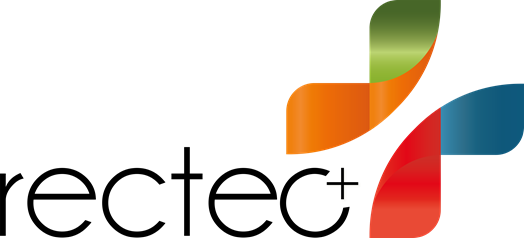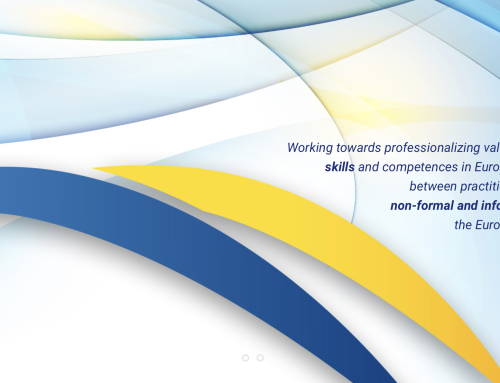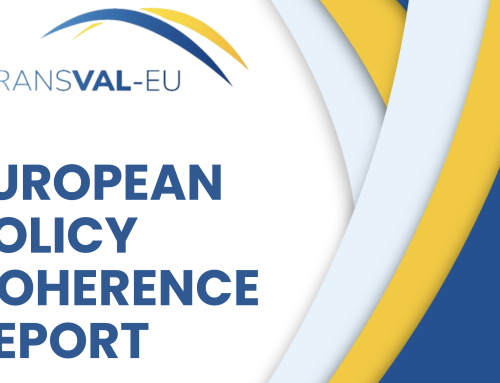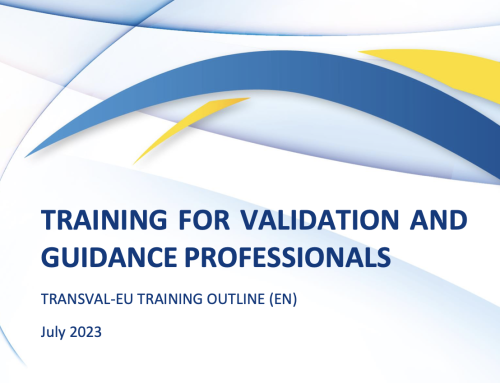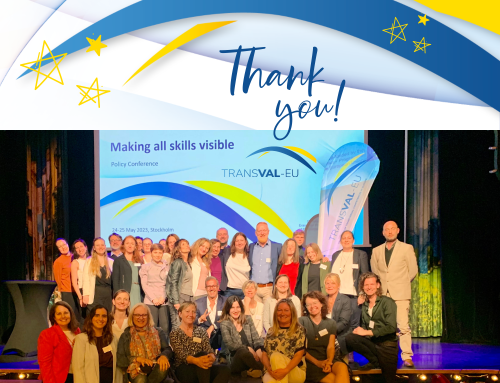RECTEC+: Recognising transversal competences related to employability and certification
RECTEC+ is an Erasmus+ project that was carried out between 2019-2021, by several strategic partners : Conseil Régional de la Formation (Belgium), Forem (Belgium), Centre de langues de l’Université du Luxembourg (Luxembourg), Université de Galati (Romania), Webhelp (France and Romania), Université du Mans (France), Ira de Lyon (France), GIP FCIP de l’Académie de Versailles (France). RECTEC+ is a continuation of the Erasmus+ project RECTEC that took place between 2016-2019.
RECTEC and RECTEC+ aimed to respond to the need expressed by employers, education and training professionals, as well as by universities, to clearly identify transversal competences, which have become essential on the European labour market facing significant change. The main outcome of RECTEC was a 12 graded transversal competences framework, correlated to the first four levels of the European Qualifications Framework.
RECTEC+ continued working on levels five to eight of the European Qualifications Framework in order to provide further tools to make the transversal competences identified under RECTEC more explicit throughout life. These competences, from level five to eight, become essential from the end of secondary education for access to the work market, to follow higher education, continuing education for adults, for competence assessment and the Validation of Acquired Experience.
The 12 transversal competences of the framework are organised in three clusters.
Organisational cluster:
– Managing and organizing activities
– Reacting to the unforeseen
– Cooperating and fostering collaboration
– Managing mathematical, budgetary and statistical data
Communication cluster:
– Using oral communication in one or several languages
– Taking social and cultural norms into account
– Using written communication in one or several languages
– Using digital resources
Reflexive cluster:
– Managing information and knowledge
– Assuring quality procedures and processes
– Building one’s career path
– Developing one’s skills
The autonomy and responsibility on the one hand, and the complexity, on the other hand, are the parameters used for the progression of the graduated transversal competences clusters. “Each skills cluster has its own logic of progression: the organisation of the activity is governed by the autonomy and responsibility that can be developed according to the scope of the action and the assigned duty. Communication is based on the complexity induced by oral and written interactions, solicited in one or more languages, the individuals involved in these interactions and the challenges related to the topic of these communications” (De Ferrari, M & De Ketele, J.-M., 2021, p. 8).
It should be noted that “these skills ‘intersect’ all professional sectors and are mobilised in the contexts explored by the project (public service, private sector, universities), with some of them more in-demand depending on the focus of the professional activities: on people, objects or artefacts or on the administration” (ibid., p. 9)[1]. A plethora of contexts, purposes and stakeholders makes the framework a valuable tool to be used in HR, in retraining and integration activities, as a support for professional and student mobility, for the recognition and validation of experience for orientation or certification purposes, in higher education or public services, in initial or continuous training.
For further information on the project in general, its partners and experts, on the framework and its articulation with the European Qualifications Framework, the Handbook, as well as other outputs of the project (some of which are translated in English), do not hesitate to visit the project’s website: http://rectec.ac-versailles.fr/.
[1] De Ferrari, M & De Ketele, J.-M. (2021). Hanbook of Transversal Skills and European Qualifications Framework. Recognisisng Transversal Skills Related to Employability and Certifications Qualifications – RECTEC+ (Levels 5 to 8 of the European Qualifications Framework). https://bit.ly/3zOjJe0, retrieved July 29, 2022.
